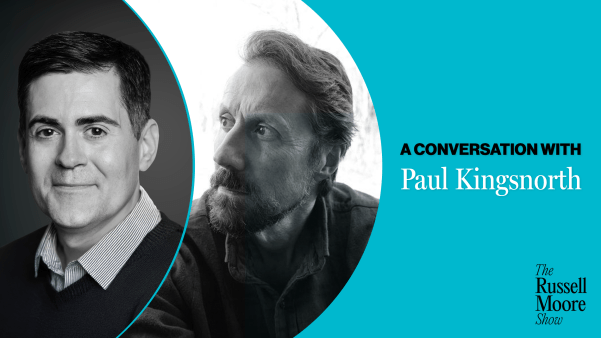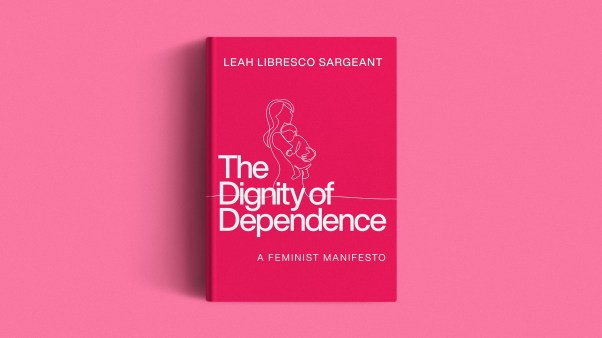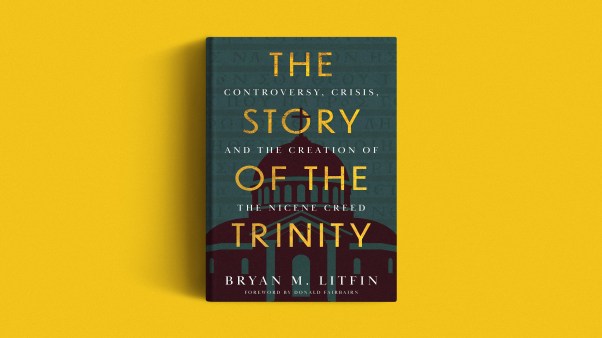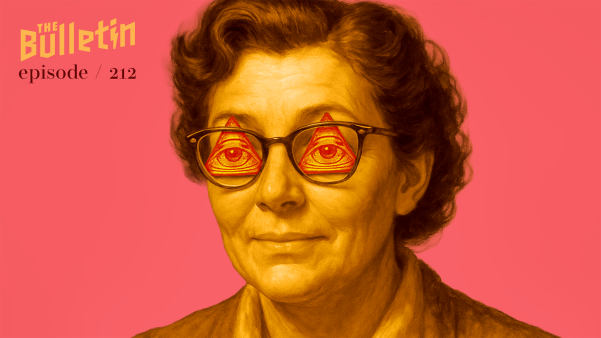What do you do if you’re engaged but have serious misgivings about your decision, red flags popping up left and right? Do you a) get married, since you’ve set a date, sent out the invitations, spent a boatload of money, are too embarrassed to back out, and believe that most people get cold feet anyway? Or b) call the whole thing off until further notice? I think most of us would choose the latter, and would recommend thus to any friend or family member having serious doubts. But in practice, it isn’t what we many of us do, and understandably so: Calling the whole thing off is difficult, painful, and risky.
Jennifer Gauvain, a licensed social worker and coauthor of How Not to Marry the Wrong Guy, recently reported in the Huffington Post’s “Divorce” section that 30 percent of the nearly 1,000 divorced women she surveyed admitted to marrying despite serious doubts they had about their relationships long before the wedding day. According to reporter Katherine Bindley, the website IndieBride.com now hosts 33,000 conversation threads just about the urge to bolt.
I did.
I broke off an engagement to a really nice Christian guy. When it came down to it, we were incompatible on many levels. I had doubts at the inception of the relationship, but ignored them. Continuing the relationship was my way of trying to force a puzzle piece into a place it didn’t fit. As the doubts grew, I tried harder to make the relationship work. However, if I hadn’t heeded my gut-wrenching doubts, and paid attention to my mom and abuelita‘s words, (“he’s a nice guy, but not the one for you”) and the words of a friend I deeply respected, I would’ve made the worst mistake of my life. Even so, breaking the engagement and ending the relationship was far from easy.
For a while I balked because I didn’t want to hurt the guy and was worried what others would think of me should I call it off. But in the end, I preferred the pain of breaking up with him and potential lifelong singleness over the pain of being married to him. If I had married him, I would’ve wilted. And now I know I would have forfeited marrying my priceless treasure of a husband, the one person I most love, admire, and respect.
Unfortunately, there are many Christian women (and men) who ignore their gnawing suspicions. They forge ahead into marriages they didn’t belong in. Why?
Gauvain lists four overarching reasons cited by the women in her survey: 1) “Age: The self-imposed biological clock is starting to tick a little louder.” 2) “Marriage will instantly make the relationship better.” 3) “It’s my last chance to get married and no one else will come along”; and, 4) “If it doesn’t work out I can always get a divorce.” I’d add a fifth and sixth reason that are specific to Christian men and women: 5) to legitimize sex, and 6) because of guilt associated with premarital sex or over having conceived a child out-of-wedlock.
I counsel many Christian college students (mostly women, but some men, too) and can’t tell you how often I am fit-to-be-tied over their relationships. There are so many instances when I want to bang my head against the wall because they proceed to ignore the red flags they themselves point out or because they admit to pursuing marriage for the wrong reasons (for example, to avoid falling prey to the worst fate imaginable in the evangelical church: lifelong singleness). I think that partially explains why many Christian marriages end in divorce—we ignore the road signs that say “turn back” or “cease and desist.” We think that companionship or sex or children will alleviate relational problems. But most often, they only intensify underlying incompability.
Marriage is a holyinstitution. We should enter into it with fear and trembling, fully dependent on God and the community of Jesus to uphold and guide us in all of our relationships (whether we are single, dating, or married). If we have persistent doubts or if those closest to us, those we most respect, express grave concern, we must pay attention. We cannot let our sexual desires, our desires for companionship, or fear of what others will think keep us from doing what is right and healthy.
Is it better to marry the wrong person or someone we have nagging doubts about rather than stay single? Absolutely not. Granted, singles might quip, “That is easier said than done.” And they are right. However, none of us is alone and dependent on our own resolve. We have God and his community to assist us.
Consider this: If we forge ahead, marrying someone we have doubts about, a community of people may become casualties of what could potentially be a mal-formational, death-dealing marriage. Marriage is to be life-giving, an icon of our relationship with God. So let us choose life, for both ourselves and for the people whose lives are closely linked to ours, by paying attention to our doubts and the concerns of our trusted community. We may end up saving a life besides our own.








